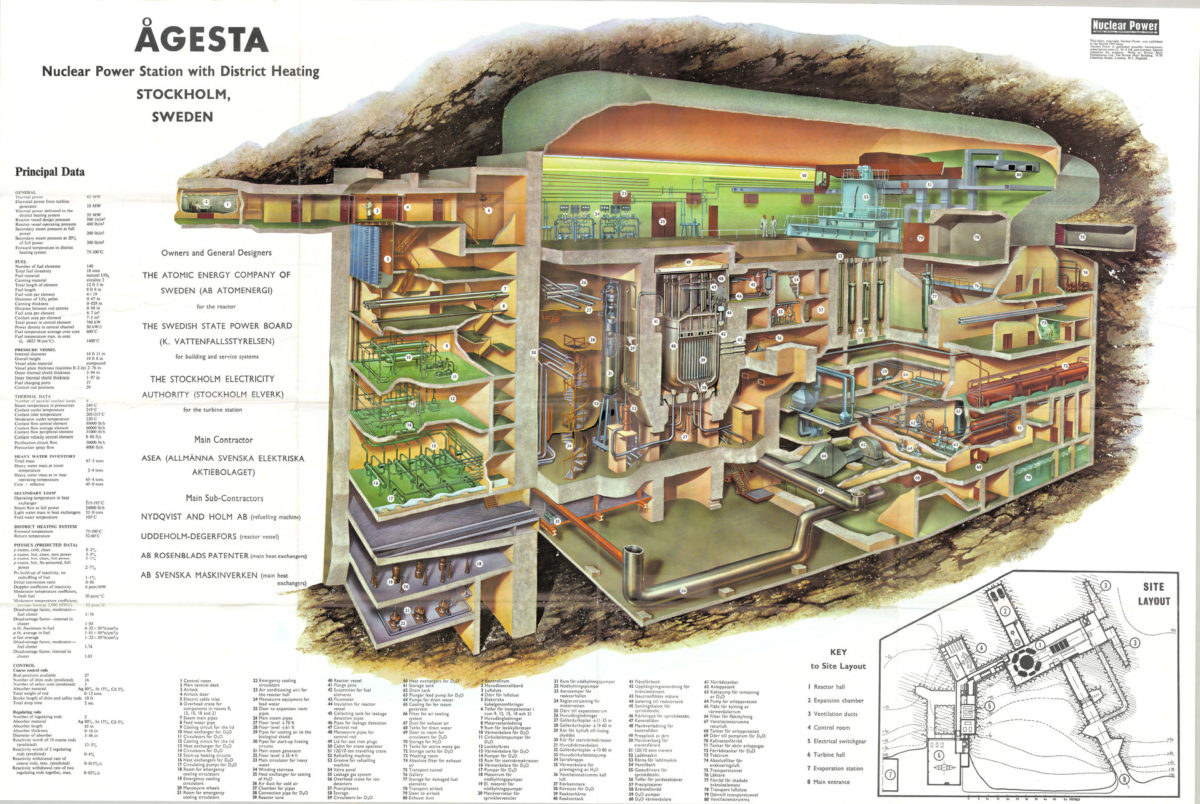Electricity is the only industrial commodity that must be consumed before it is produced — a koan for the modern age? Also, a warning against attempting to live in the world of signs, rather than of things signified ; and the case for a railway in Iceland.
Category: anonradio
Objects In Mirrors Episode 7: “Mixtape Messenger Service” (2024-03-29)
Archive Download: part 1, part 2
- The Church – Reptile
- Visage – Fade To Grey
- Bauhaus – Stigmata Martyr
- DAF – Der Mussolini
- Garbage – Cities In Dust
- Echo & The Bunnymen – Never Stop
- M83 – America
- Joy Division – A Means To An End
- Cabaret Voltaire – Sly Doubt
- Sharon Van Etten – Comeback Kid
- Chris & Cosey – Hazey Daze
- Zola Jesus – Night
- Kraftwerk – Neon Lights
- Buzzcocks – Nostalgia
SUYF: the other side – 3/24/24

“Have a great day!”
server issue: show chopped in 30 min morsels
“Have a great day!”

ASFO 2024–03–23
Is the Fifth US Circuit Court out to give me an aneurysm? Also, once more with feeling, battery–electric cars will not make cities any easier to live in ; new large–format scans ; and blast №1 is close to being ready.
Objects In Mirrors Episode 6 (2024-03-22)
Archive Download: Part 1, Part 2 (no idea why it got split)
- Velvet Underground & Nico – Sunday Morning
- Michael Kiwanuka – Solid Ground
- Bill Withers – Lonely Town, Lonely Street
- Townes Van Zandt – Big Country Blues
- Marvin Gaye – Checking Out (Double Clutch)
- Tricky – Hell Is Round The Corner
- PJ Harvey – I Inside The Old I Dying
- Arlo Parks/Phoebe Bridgers – Pegasus
- Quincy Jones – Summer In The City
- Spoon – Who Makes Your Money
- Can – She Brings The Rain
- Nancy Sinatra & Lee Hazlewood – Summer Wine
- Childish Gambino – Terrified
- Lana Del Rey – Love
- John Prine – Summer’s End
- José González – Heartbeats
SUYF: the other side – 3/17/24
ASFO 2024–03–16
The difference between disextensification (better name urgently needed) and degrowth is the difference between “doing more with less” and “doing less with less”. The former views the un–sustainability of economic expansion as primarily a practical, the latter as primarily a moral problem, and that in turn reflects the question of what value we place on human life and welfare. Also, is “building the world’s largest aeroplane for a single narrowly–defined purpose” an invariable sign of an idea that has been taken too far, and fallen into absurdity?
Objects In Mirrors Episode 5: “Per aspera ad astra”
- Captain Beefheart – I’m Glad
- My Morning Jacket – They Ran
- Bruce Springsteen – My Father’s House
- Waxahatchee – St. Cloud
- Grizzly Bear – Foreground
- Leonard Cohen – Chelsea Hotel #2
- Neil Young – Harvest Moon
- Spacemen 3 – Sometimes
- Lou Reed – Perfect Day
- Mark Lanegan – Creeping Coastline of Lights
- Syd Barrett – Terrapin
- Galaxie 500 – Sorry
- Deer Tick – Goodbye, Dear Friend
- Broadcast – Illumination
SUYF: the other side – 3/10/24
ASFO 2024–03–09
De–extensification provides a better approach to environmental problems than de–growth, because it is more compatible with human aspirations and well–being, although it still seems as though a good en– would be preferable to any sort of de–. (More thoughts on this topic here.) It also helps to explain why nuclear energy is preferable to renewable energy. Also, Keller Independent School District is at it again, where by “it” I mean “providing a microcosm of American politics”. And I did get some scan files from Sandia. (Minor technical trouble at the beginning.)







